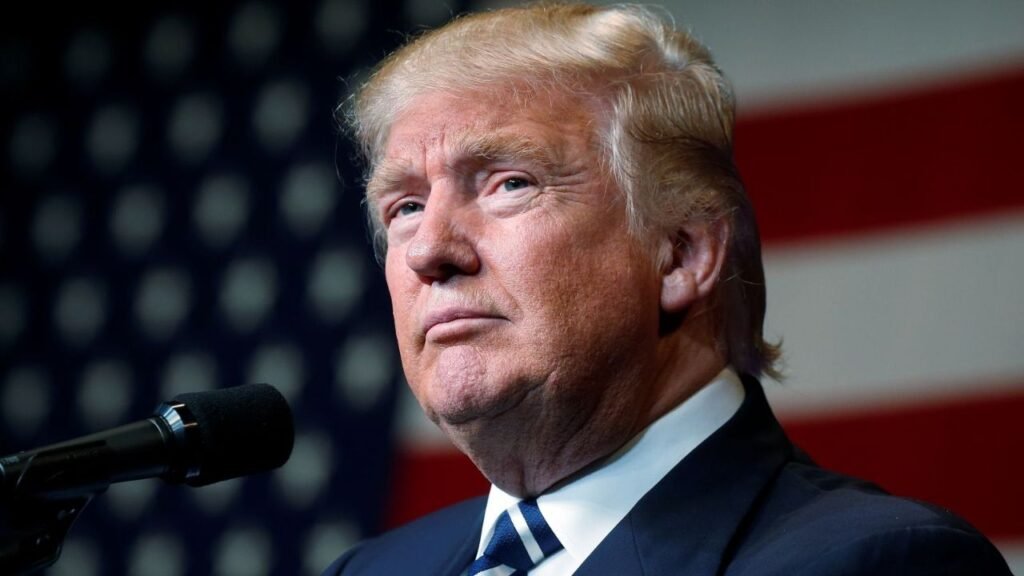According to a report by Marijuana Moment, the Trump administration’s proposed budget for the 2026 fiscal year does not include a long-standing provision that has protected state medical marijuana programs for more than ten years.
This provision has previously stopped federal law enforcement agencies from using federal funds to investigate or prosecute businesses that operate legally under state-approved medical cannabis laws, despite marijuana still being illegal at the federal level.
The National Organization for the Reform of Marijuana Laws (NORML) explained that the rule, first put in place in 2014, safeguards patients, caregivers, and providers in the 39 states that allow medical cannabis.
NORML emphasized that before this protection was added to the federal budget, federal prosecutors frequently targeted medical cannabis users and dispensaries in states where such use was legal.
This specific budget restriction has been included every year since 2014. However, the new Trump administration budget request for 2026 removes it. This isn’t the first time—Trump’s previous budget proposals during his first term also left out this language.
Similarly, the Obama administration’s budgets after 2014 did not include it either. In contrast, President Joe Biden’s administration included the protection in each of its four annual budget proposals during his presidency.
It’s important to understand that a president’s budget proposal is not final law. Congress holds the actual power over federal spending and can choose whether to include or exclude certain provisions.
So far, lawmakers have kept the protection in place every year since it was first adopted, despite attempts by both Republican and Democratic administrations to remove it.
Laura A. Bianchi, co-founder of the law firm Bianchi and Brandt, noted that more than half the U.S. – including 36 states and Washington, D.C. – has legalized medical marijuana. She added that removing this protection now would be a major step backward for cannabis reform.
However, she also pointed out that it’s ultimately up to Congress, and the cannabis industry is optimistic that lawmakers will continue supporting the provision.

When Trump previously signed spending bills that included the medical marijuana protection, even after asking for it to be removed, his administration released a statement saying it would “treat this provision consistent with the President’s constitutional responsibility to faithfully execute the laws of the United States.” That statement, issued three times, was seen by many as a signal that the administration might choose to ignore the restriction.
Trump’s recent move to leave out the medical marijuana protections in his 2026 budget plan could come as a disappointment to cannabis reform supporters. That’s especially true since, during his 2024 election campaign, Trump had expressed apparent support for marijuana reform, including possible decriminalization.
In September, Trump stated that he supported reclassifying marijuana under federal drug laws and would back states choosing to legalize recreational cannabis.
He also posted on Truth Social that, as president, he would continue supporting research into the medical benefits of marijuana, reclassify it as a Schedule 3 drug, and work with Congress to pass practical laws.
These would include safe banking for cannabis businesses that are legal at the state level and respecting states’ rights to decide their own cannabis laws—mentioning Florida as an example of a state whose approach is working well for its citizens.






